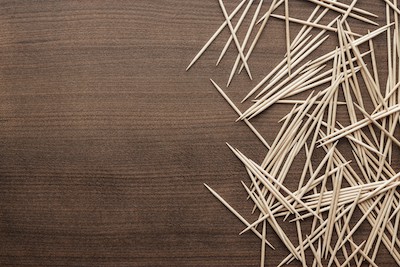
18 Apr Are Toothpicks Bad For Your Teeth??
What To Know When It Comes To Using Toothpicks
When it comes to maintaining good oral hygiene, we all know that brushing and flossing are crucial. But what about toothpicks? Toothpicks are a common tool used to remove food particles and debris that get stuck between teeth, but are toothpicks bad for your teeth? The short answer is: it depends.
If you are using a toothpick correctly, there should be no long-term damage to your teeth or gums. However, improper use of a toothpick can cause serious problems, such as chipping or breaking a tooth, irritating the gum tissue, and creating an opening for bacteria to grow in.
In this article, we’ll take a closer look at the pros and cons of using toothpicks and whether they are a good choice for your oral hygiene routine so read on to learn more!
The Pros of Using Toothpicks
Toothpicks can be a helpful tool for removing food particles and debris that get stuck between teeth. When food particles are left in between teeth, they can lead to the development of plaque and tartar, which can cause tooth decay and gum disease. Toothpicks can help to remove these particles before they have a chance to cause damage.
Toothpicks can also be useful for people with orthodontic appliances, such as braces. Braces can make it difficult to clean between teeth, and toothpicks can help to remove food particles that get stuck in the brackets or wires. This can help to prevent the development of plaque and tartar, which can lead to tooth decay and gum disease.
Additionally, toothpicks can be helpful for people with temporary crowns or fillings. These dental restorations can sometimes create gaps where food particles can become trapped. Toothpicks can help to remove these particles before they have a chance to cause damage to the teeth or gums.
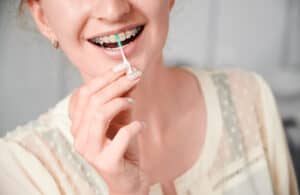
The Cons of Using Toothpicks
While toothpicks can be helpful for removing food particles and debris, there are some concerns that they may be bad for your teeth if used improperly.
- One concern is that toothpicks can cause damage to the gums and teeth if used too aggressively. When a toothpick is used too forcefully, it can cause small cuts or scratches on the gums, which can lead to inflammation and infection. Additionally, using a toothpick too forcefully can also damage the enamel on the teeth, which can lead to tooth sensitivity and decay.
- Another concern is that toothpicks may be used as a substitute for proper brushing and flossing. While toothpicks can be helpful for removing food particles and debris that get stuck between teeth, they are not a substitute for brushing and flossing. Proper brushing and flossing are essential for maintaining good oral hygiene and preventing tooth decay and gum disease.
- Toothpicks can also be a source of bacteria if they are not used properly or if they are reused. If a toothpick is used to remove food particles from between teeth, it can become contaminated with bacteria. If the toothpick is then reused without being properly cleaned, the bacteria can be transferred to the mouth and increase the risk of infection.
How to Use Toothpicks Safely
If you choose to use toothpicks as part of your oral hygiene routine, it’s important to use them safely to avoid causing damage to your teeth and gums. Here are some tips for using toothpicks safely:
- Use toothpicks gently: When using a toothpick, be gentle and avoid using too much force. If you feel resistance when trying to remove a food particle, it’s best to stop and try again later.
- Use toothpicks sparingly: Toothpicks should not be used as a substitute for brushing and flossing. Use them sparingly and as a supplement to your regular oral hygiene routine.
- Choose the right toothpick: There are many different types of toothpicks available, including wooden toothpicks and plastic toothpicks. Wooden toothpicks are generally considered safer than plastic toothpicks because they are less likely to cause damage to the gums and teeth.
- Don’t reuse toothpicks: To avoid the risk of transferring bacteria to your mouth, never reuse a toothpick. Throw away used toothpicks after each use.
Toothpicks can be a helpful tool for removing food particles and debris that get stuck between teeth. However, it’s important to use them safely and in moderation to avoid damaging your teeth and gums. If you’re concerned about the safety of using toothpicks, talk to your dentist for more advice.
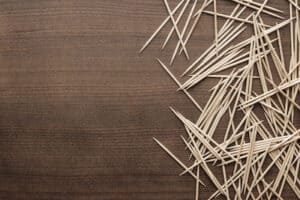
Are All Toothpicks Made The Same?
No, not all toothpicks are made the same. There are many different types of toothpicks available, including wooden toothpicks and plastic toothpicks. Wooden toothpicks are generally considered safer than plastic toothpicks because they are less likely to cause damage to the gums and teeth. Additionally, some wooden toothpicks may be flavored with mint or other flavors to make them more enjoyable to use. Plastic toothpicks are typically cheaper and come in a variety of colors, but they should be used cautiously as they can cause damage to the gums and teeth if used too aggressively. Some plastic toothpicks may also contain chemicals that have been linked to health concerns, so be sure to read the label carefully before purchasing. In addition, plastic toothpicks aren’t as eco-friendly.
What To Do When A Toothpick Causes Damage
While accidents do happen, it’s important to know what to do when they occur. If you accidentally poke your gums or cause any other damage while using a toothpick, rinse your mouth with warm water and apply some antibiotic ointment to the affected area. If the pain persists, contact your dentist for further advice. It’s best not to continue using the toothpick if it caused any type of damage.
Additionally, if you notice any bleeding or pain while using a toothpick, stop immediately and consult your dentist. Toothpicks can cause serious damage if they are used improperly, so it’s important to be careful when using them. Your dentist can provide advice on how to use toothpicks safely and effectively as part of your oral hygiene routine.
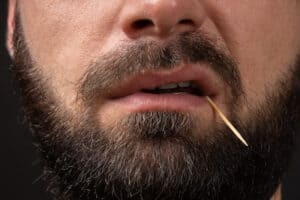
What Dentists Think About Toothpicks
Most dentists agree that toothpicks can be a helpful tool for removing food particles and debris from between teeth. However, they caution against using them too often or too aggressively as this could cause damage to the gums and teeth. Additionally, dentists recommend that toothpicks only be used as a supplement to brushing and flossing, and not as a replacement for these important oral hygiene steps. Finally, it’s important to always use a clean toothpick each time you use them and never reuse a dirty or contaminated one.
In conclusion, while toothpicks can be helpful for removing food particles and debris from between teeth, it’s important to use them safely and in moderation in order to avoid causing damage to your teeth and gums.
Related Questions
Are there reusable toothpicks?
No, there are no reusable toothpicks. Toothpicks should be used once and then discarded to avoid the risk of transferring bacteria to your mouth. Even plastic toothpicks should only be used once.
Can toothpicks replace flossing?
No, toothpicks cannot replace flossing. Flossing is an important part of a good oral hygiene routine and should be done daily to remove plaque and bacteria from between the teeth. Toothpicks can be a helpful supplement to your brushing and flossing routine but should not be used as a substitute for these practices.
Are toothpicks safe for kids to use?
No, toothpicks are not safe for kids to use. Kids should not be using toothpicks as their teeth and gums may still be developing and could be easily damaged by the use of a toothpick. Additionally, children may not have the dexterity or coordination to safely handle a toothpick. If your child has difficulty with brushing and flossing, talk to your dentist about other options that may be more suitable.
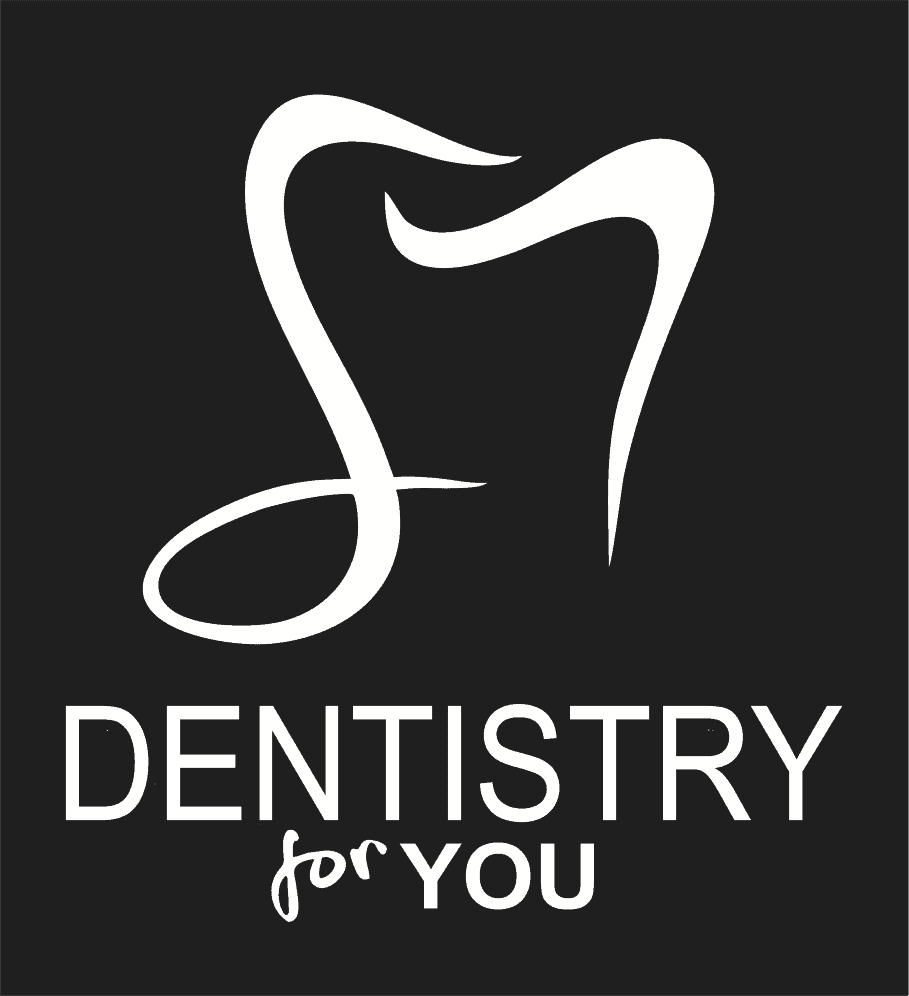

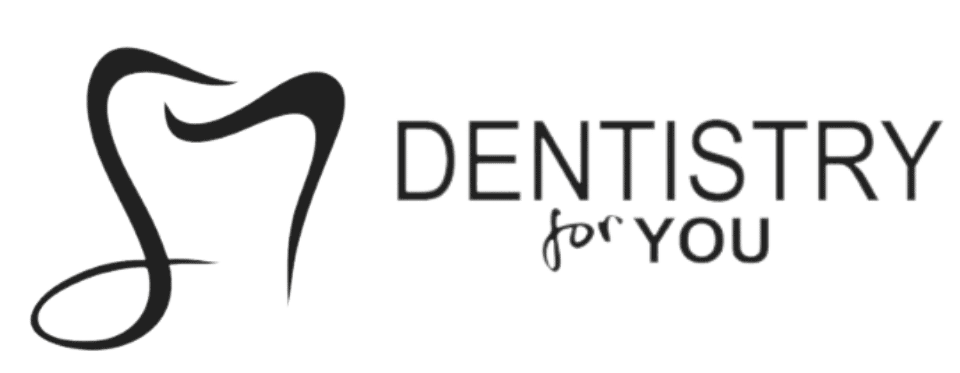


Sorry, the comment form is closed at this time.